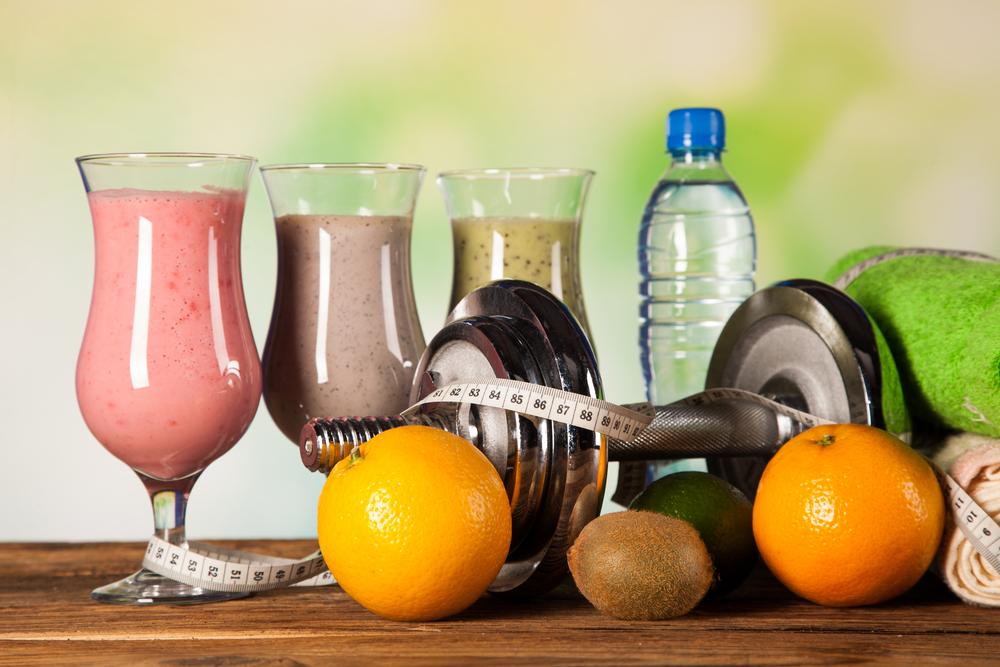
The Right Foods to Eat During Menopause
For many women, menopause can be a difficult time, not just emotionally but physically too. Irregular periods, night sweats, bloating, weight gain, osteoporosis, joint pain, frequent headaches, muscle tension, hot flashes, vaginal dryness, loss of interest in sex, hair loss, disturbed sleep patterns, heart disease, diabetes, memory loss, fatigue, anxiety, and mood swings, are all common symptoms of menopause.
With so many changes happening in the body because of the havoc played by hormones, keeping fit is critical. Slowing metabolism, increased risk of diseases with advancing age, and an emotional need to feel and look good occur during menopause. Eating the right foods has a positive impact on managing all these goals.
1. Include these foods in your diet
Improve declining bone density and prevent frequent fractures by consuming plenty of calcium and protein-rich foods. If you are not allergic to dairy, then milk, yogurt, and cheese, especially parmesan and cottage cheese are good options. The calcium, phosphorus, potassium, magnesium, vitamins D and K, and amino acids present in these are crucial for bone health, especially to prevent the risk of osteoporosis.
For those who cannot have dairy, the options of seafood like salmon, mackerel, and sardines; nuts like walnuts and almonds; seeds like poppy, sesame, and chia are rich in not only calcium but also in Omega 3 fatty acids. These help fight depression and anxiety, reduce mood swings and memory loss, and improves sleep. They help promote metabolic activity and strengthen bone health. Even artificially unsweetened foods fortified with calcium and vitamin D can be had for the same purpose. Dry, parched skin, another symptom of menopause too is treated by consuming Omega-3 fatty acids.
2. Some tips to keep in mind
Achieving weight loss goals, maintaining a balanced glucose level, and having a healthy heart is possible with the consumption of foods rich in vitamins, minerals, antioxidants, and fiber. A low-fat, high-fiber diet that comprises whole grains products like brown rice, whole-wheat bread, quinoa, legumes, and amaranth grain is immensely beneficial for women during menopause. These foods contain fiber and water-soluble B vitamins like thiamine, niacin, pantothenic acid, folate, and riboflavin. These reduce restlessness, fatigue, constipation, depression, and insomnia. They regulate mood swings and provide energy for the body.
Leafy green vegetables like spinach and kale, bell peppers, tomatoes, corn, sweet potatoes and pumpkin; and fruits like oranges, blueberries, strawberries, and blackberries; and soya products like tofu and Edamame also contain fiber and a multitude of vitamins and minerals that help manage menopause. They lower cholesterol, prevent constipation, and enable easy digestion of food. The antioxidants found in these foods fight infections and diseases. They lower blood pressure, improve sleep, and reduce estrogen levels and keep cancer at bay. The phytoestrogens in soy treat menopausal symptoms effectively.
Being hydrated by drinking plenty of water is essential. Water helps the movement of nutrients through the body, eliminates toxins, and reduces hot flashes. It also helps keep the skin smooth.
The excessive intake of sodium, alcohol, caffeine, and spicy foods are major culprits that could trigger the symptoms of menopause. Therefore, it is best to stay away from them.



